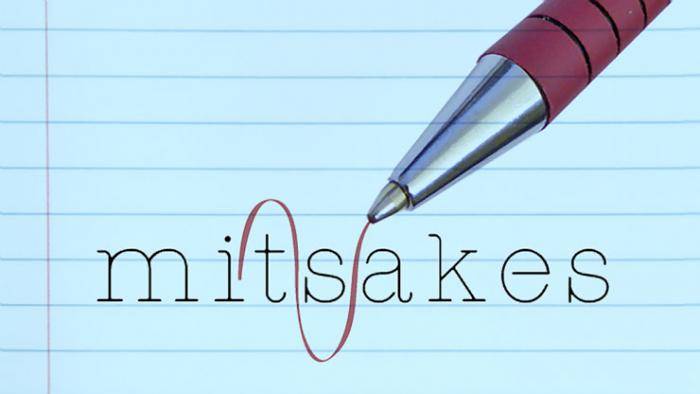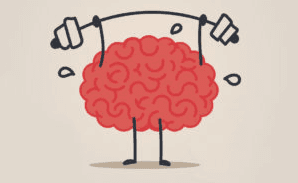Examinations are set to test students understanding of a particular field of study. Most students are nervous about exams because of the fear of failure. This mindset is detrimental to your success in any exam and is one of the major mistakes made by students during exam preparation.
The major cause of failure among students during examinations is lack of knowledge of how to prepare for examinations. Unfortunately, most students have never learned how to study effectively for exams, or they use methods that are really not as effective as they believe.
Some students in this case actually prepare for examinationss but make some mistakes that hinder their chances of performing excellently in exams.
We’d like to point out some common mistakes students make in the course of preparing for an examination, and we hope this helps you prepare more effectively for your forthcoming exams.
1. Not Starting Early Enough
Studying for exams takes more time than you might anticipate, so make sure you get started early. Avoid procrastinating and face the challenge head on. Starting your exam preparation few weeks or days to the exam is dangerous to your sucess, and it doesn’t help retention and assimilation of knowledge properly thereby ruining your chances of performing well during exams.
2. Memorizing, Rather Than Understanding
Try to understand the fundamental concepts rather than memorizing facts from notes, textbooks or answers from past questions. If you’ve memorized a definition but don’t really understand what it means, you’ll be unable answer questions on the particular topic if the information is presented in a slightly different format, or you’re asked to apply it to a new type of problem.
Rather than memorizing the information from your classes, use study strategies that encourage you to understand it. Explaining ideas out loud in your own words, or teaching them to someone else will help promote understanding.
3. Failure to Practice Past Questions
It is very risky to study textbooks without having an idea of how questions are going to be set in a material. Most of the times, examiners twist questions in exams and without having a prior knowledge of how such questions are answered, you cripple your chances of scoring well in the exams.
4. Not Having a Goal
You have to know the grade and score you’ll need to successfully propel you unto the next level in your academic pursuit and work intensively towards it. In the case of UTME, you need to know the score which will give you a chance of admission into the university and course of your choice.
5. Not reading extensively
Another common mistakes among students when preparing for examination is failure to read broadly, and make use of materials that shed more light on the topics in the main text. Sometimes, examination questions may not be completely covered in the main text, hence the need for extensive reading of the material.
However, materials outside the main study material should not be a substitute for the main material, the aim of using additional materials is to better understand topics, and get more information which might not be available in the main text.








